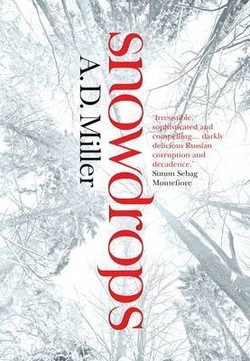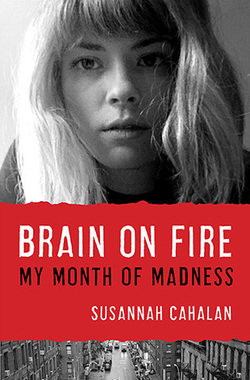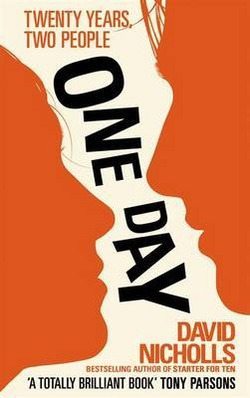 I found an English language book club at the library here in Brno. Snowdrops is the book for April, so I read it just in time for the meeting this week. It was nominated in 2011 for the Man Booker Prize and the Crime Writers' Association Gold Dagger award.
The story focuses on a late thirties English laywer, Nick, who is living in Moscow and going through an existential crisis. It is written as a first person narrative, him portraying the worst thing he did in his life to his fiance before they officially marry. The book is an interesting account of ex-pat life in Russia in the early 2000s. There is corruption, there is hedonism, there are plenty of cynical expats, and plenty of snow but the plot and the characters just didn't ring true to me. For all of the detailed dialogue, Nicks romantic relationship just didn't have any meat beyond sex. I just don't understand what they had that he is still mooning over all this time later. As for his indiscretions they are fairly obvious since you know the story ends poorly. But in real life, I'm pretty gullible, so I can see myself not seeing it coming either. I felt like the confession to the fiance is more that as a man he can't own up to his mistakes than that he made them. Long Story Short: OK crime story if you're interested in expatriot life in Russia. If nothing else it was surreal to read such detailed descriptions of snow in my first sunny days of spring.  I could stop this review with a single word. Wow.
Brain on Fire describes Cahalan's terrifying experience with seizures and psychosis. It is a true story about a normal, healthy, young woman who is suddenly overwhelmed by a disease and unable to function in life. She has an entire month lost that she doesn't remember at all, but researches through interviews with her friends and family, doctors, and video of herself in the hospital. Cahalan was a journalist (and is now after successfully recovering), so she has creating a stunning memoir of her experiences. I worried that reading this would feel voyeuristic, but it didn't - undoubtedly assisted by the fact that you know she recovers. The book humanizes a newly discovered category of autoimmune diseases in which your body actually starts to attack your brain. The symptoms are predominantly behavioral/emotional rather than physical - paranoia, hallucinations, etc. Cahalan was lucky in that her original symptoms were physical - physical ticks, seizures, blackouts - so she was placed in a neurological hospital rather than a psychiatric one. She was lucky again to have family that fought for her and doctors that took a personal interest in figuring out what was wrong. And lucky one more time that her disease was first discovered in 2007 and she became ill in 2009. Long Story Short: Gripping and fascinating read for anyone interested in science and the brain and the most amazing things we are still discovering.  Emma and Dexter hook up their last night at university knowing that Dexter is going off to travel the world for a year or two imminently Unexpectedly to both of them they remain friends, even becoming close confidants. The book checks in with them on that same day over 20 years. Sometimes they are friends, sometimes not. Sometimes one is doing well, sometimes the other. Life happens. Going into a book like this you know they will have their When Harry Met Sally moment, but it was still an enjoyable ride.
What I particularly liked about this book is that the characters grow and change. I actually wasn't sure I would enjoy it too much in the beginning as I didn't particularly want to spent a whole book with their 22 year old selves. However, the struggles and changes they went through rang true to me, particularly some of the angst in Emma's early thirties era. Shocking eh? Long Story Short: This is a story about relationships. Don't expect to many action scenes, but do expect emotional high drama. A quick and enjoyable read. |







 RSS Feed
RSS Feed